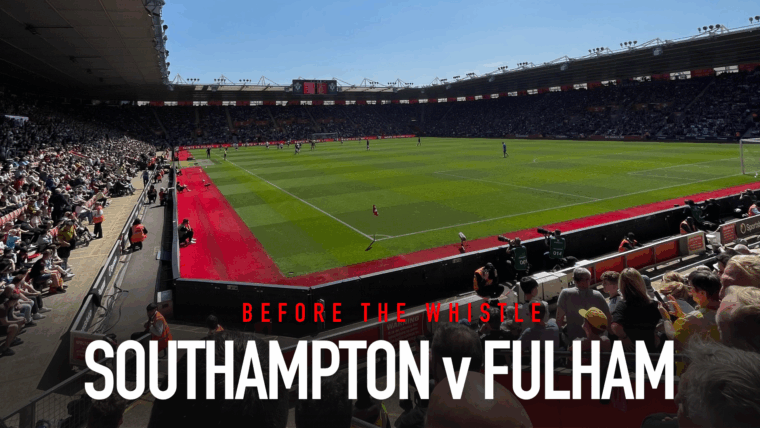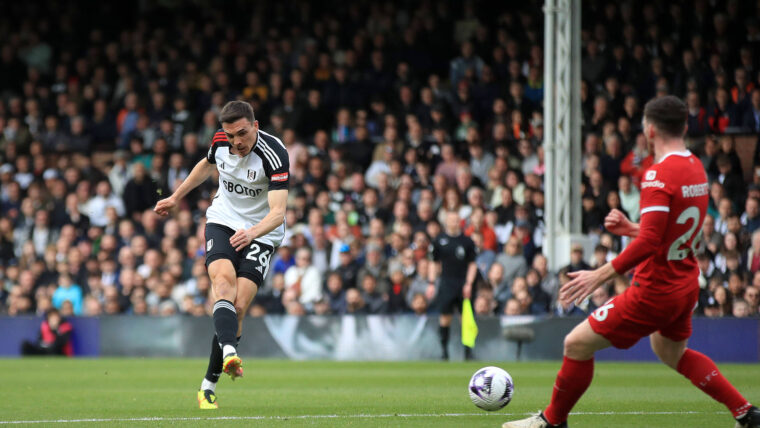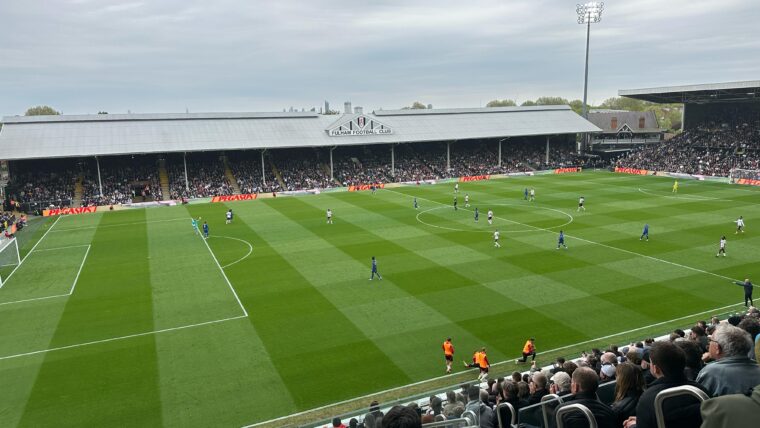A history of Fulham managers
8th August 2023
Fulham have had 41 permanent managers in its 145-year history. Some have etched their name into history – others not so much. But each man had a role to play in shaping the club we know today.
We hope you enjoy this trip through history – and as you go, you might want to try OnlineCasinosKiwi during a break, for a little extra fun.
Early years: the pioneers
Fulham Football Club, officially founded in 1879, has a long, winding and colourful history, with moments of great triumph and examples of deep resilience. We cannot talk about this rich history without recognising the crucial role of the club’s managers. From the very beginning to the present day, these permanent managers have led the team through both storms and calm.
In the early years, the direction of the club’s growth was set by managers like Harry Bradshaw and Phil Kelso, who were ahead of their time. Their work helped build a strong base that has stood the test of time and set the team up for future success.
| Manager | Tenure | Achievements |
| Harry Bradshaw | 1904-1909 | Guided Fulham to the Southern League championship |
| Phil Kelso | 1909-1924 | Holds the record for being the longest-serving manager in Fulham’s history |
The post-war era: managers who rebuilt the team
The period following the Second World War presented Fulham with a number of unique challenges. The global conflict had caused considerable upheaval in the football world and the club found itself in a situation where it had to rebuild in its aftermath. Frank Osborne took over the club in 1948 and was succeeded by Bill Dodgin Senior in 1953. The leadership of these two managers was instrumental in rebuilding the team and refocusing its efforts on development and growth.
The golden age: the 1960s and 70s
This period saw managers like Vic Buckingham, Bobby Robson, and Alec Stock at the helm of the club. Their insightful tactics, coupled with leadership styles that inspired both players and supporters, propelled the club to noteworthy victories and cemented their place in Fulham history.
Top three achievements of Fulham in the 60s and 70s:
- 1968 FA Cup run: Under Bobby Robson’s able guidance, Fulham advanced to the semi-finals of the FA Cup.
- 1975 FA Cup Final: Led by the indomitable Alec Stock, Fulham etched their name into history by reaching the FA Cup Final.
- Promotion to Second Division (1970/71): Under the stewardship of Robson, Fulham reached the second tier of English football.
The era of struggles: the 1980s and early 90s
The 80s and early 90s were a period of intense struggle. Several managers changed during these years, including Malcolm MacDonald, Ray Harford and Ian Branfoot, who had to overcome bumps in the road. Despite the difficulties, these managers showed a strong determination to maintain the competitive spirit and cherish the club’s prestigious heritage.
The return to glory: late 1990s and 2000s
As the 1990s ended and the 2000s began, Fulham’s luck started to turn. This was due in large part to the smart planning of managers Kevin Keegan, Jean Tigana, and Roy Hodgson (and Mohamed Al Fayed’s millions). They helped the team win several great games by coming up with new strategies and putting a lot of effort into player growth.
| Achievement | Year | Manager |
| Achieved Promotion to the Premier League | 2001 | Jean Tigana |
| Highest Premier League Finish (seventh) | 2009 | Roy Hodgson |
| Reached Europa League Final | 2010 | Roy Hodgson |
The last decade
Fulham has had a lot of different managers over the past 10 years. Martin Jol, Kit Symons, Scott Parker, and Marco Silva have all been in charge, and they have all made important accomplishments in their own ways.
- Martin Jol (2011-2013): Jol led Fulham to a commendable ninth-place finish in the Premier League during his first season.
- Kit Symons (2014-2015): A former Fulham player himself, Symons endeavoured to stabilise the club during a period of considerable flux.
- Scott Parker (2019-2021): Parker impressively led the team to promotion to the Premier League in his first full season and breathed a fighting spirit into the squad.
- Marco Silva (Appointed in July 2021): The latest manager to lead Fulham, Silva brings a wealth of experience and a proven track record. His appointment has ushered in a new wave of optimism, with fans and players alike anticipating what the Silva era will bring.
So, who has been Fulham’s best manager? This is a question that gets Fulham fans to argue with each other.
Roy Hodgson: the grand tactician
Hodgson is widely hailed as one of the club’s greatest managers. He masterminded the club’s survival in the Premier League in his first season, defying all expectations. But his crowning achievement was leading Fulham to the Europa League final in 2010, a remarkable feat that earned him the LMA Manager of the Year award. His tactical acumen and player management skills left a significant mark on the club’s history.
Jean Tigana: the French maestro
From 2000 to 2003, when Jean Tigana was in charge, Fulham had a bit of French style. In the 2000/01 season, the club won the First Division and moved up to the Premier League because of his leadership. During his time, Tigana had a beautiful, driving style of play that made fans and experts alike happy. He was also in charge of getting some of the club’s most famous players to join.
Scott Parker: The rising star
Scott Parker was in charge of Fulham from 2019 to 2021, and during that time he showed a lot of promise. In his first full season as manager, Parker got Fulham promoted from the Championship through the play-offs, showing how capable he was. Even though the club got relegated after him, his leadership skills and commitment to the team were highly praised.
Marco Silva: the new era
Silva was hired in 2021 and has a lot of experience and a track record of success. His time as a manager at teams like Everton and Hull City shows that he can work at the highest level. Silva’s hiring has made a lot of people happy, and Fulham fans are looking forward to what he can do for the club’s story.
As we wrap up this deep dive into the past of Fulham FC’s managers, we want to recognise how important these people have been in shaping the club’s history and identity. Each manager, from the early pioneers to the modern tacticians, has shown grit and determination, just like this famous club. As we keep track of Fulham’s history, we value the accomplishments of these famous people and are excited to see what the next managers will do.



